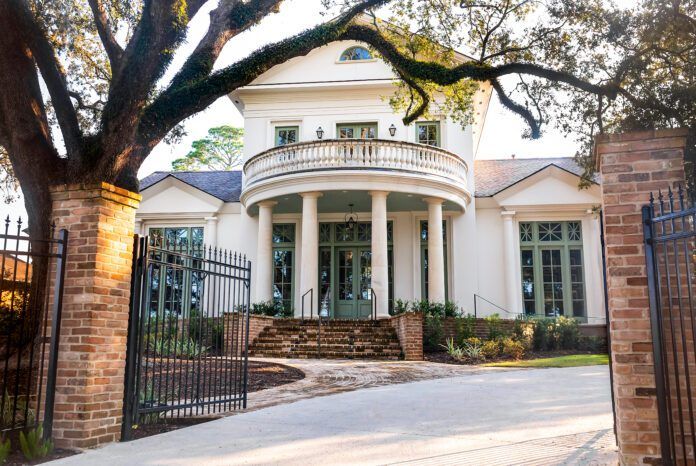The Cutting Season
At the heart of great crime fiction breathes a character, imperfect yet admirable, who is ripe for change. Such is the case in The Cutting Season by Attica Locke, winner of the 2013 Ernest J. Gaines Award for Literary Excellence.
The novel’s setting is the fictional plantation of Belle Vie in Ascension Parish, repurposed as an event venue. Locke told NPR’s Morning Edition in 2012 that the seed experience for writing the novel was attending a biracial wedding at Oak Alley Plantation in Vacherie in 2004. Till then, the author, a Houston native, had not set foot on a plantation. Describing her arrival there, she said, “I felt this tear inside—there’s no way to not feel the beauty of it because it is so stunning. But it also kind of made my stomach turn, because of what it represented.” The place struck her as “a metaphor for where we are as a country … caught between where we were and where we are going.”
Locke endows her main character with similar ambivalence. Caren Gray, the manager of Belle Vie, is a black woman in her 30s who has lived on-site with her daughter, Morgan, since Hurricane Katrina. Caren shoulders the usual burdens of a working single mother; myriad responsibilities compete for her time and attention. But she also carries the burden of history: She grew up at Belle Vie, where her mother had been a cook and her ancestors had worked in the sugar cane fields. When Caren left to attend college, she intended never to return.
In the cane-cutting season of 2009, the murder of an immigrant field worker on Belle Vie’s perimeter catalyzes Caren’s reckoning with her family history. Locke—a veteran screenwriter—reveals it gradually, layering it within Caren’s efforts to track down the murderer. The dual search reorients Caren’s sense of place. Will it do the same for you?
Locke will be honored at a ceremony Jan. 23 at the Manship Theatre.











